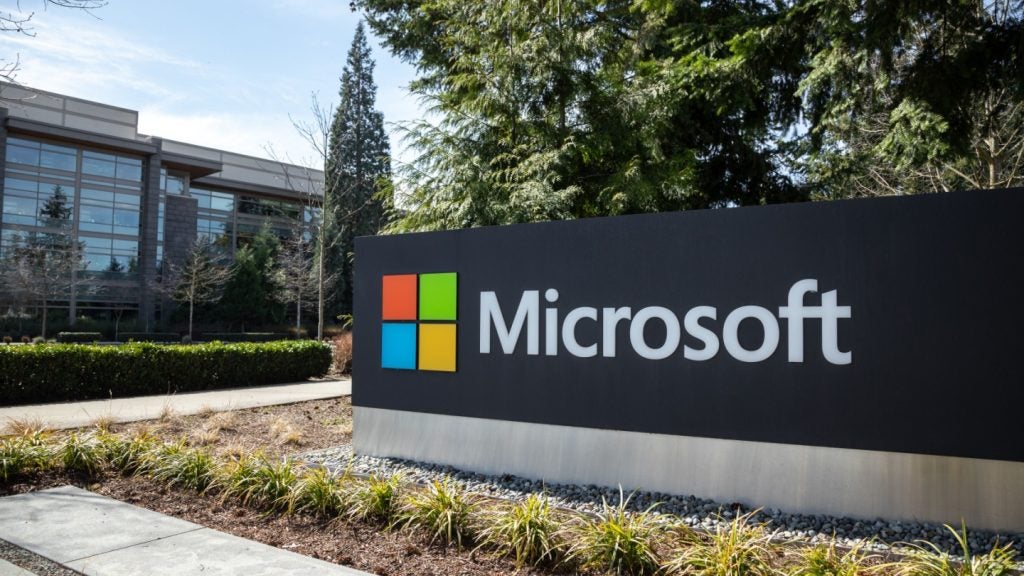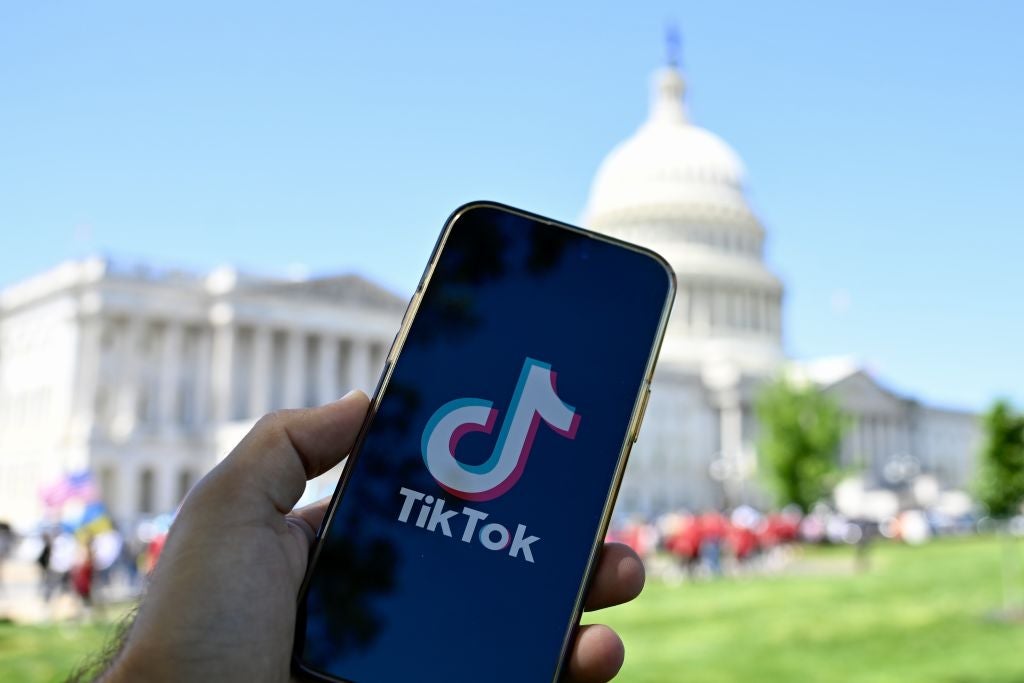On 17 March, 2022, Amazon completed its $8.5 billion acquisition of Metro-Goldwyn-Mayer (MGM). Founded in 1924, MGM is a film studio that produced and has retained the rights to such popular franchises as James Bond and Rocky. Amazon’s acquisition secures Amazon Prime Video an additional 4,000 films and 17,000 episodes of TV.
This acquisition was prompted by the major forces currently defining the internet TV market. Specifically, the importance of content as a competitive advantage and the disruptive impact of Covid-19.
Amazon acquisition was driven by the importance of content
Amazon acquired MGM to expand the content offered on Amazon Prime Video. A large content catalog is one of the greatest competitive advantages an internet TV player can have. In its 2020 report on internet TV, GlobalData argued that a strong user interface and an extensive content catalog are the two key factors that determine a company’s success in the internet TV market.
The importance of content in the internet TV market is made particularly clear by Disney, which arguably has a greater content catalog than any other internet TV player. Disney has achieved this content dominance with several key acquisitions.
Disney Plus (Disney’s streaming platform) launched in November 2019. In March 2019, Disney finalized its acquisition of 21st Century Fox, one of the largest ever acquisitions within the internet TV industry, worth $71 billion. This acquisition secured Disney the rights to such popular film franchises as Die Hard, Avatar, Planet of the Apes, and Alien.
Earlier acquisitions also gave Disney the rights to two of the most successful franchises of the 2010s. In 2009, Disney acquired Marvel Studios, and in 2012 it acquired Lucasfilm. Once acquired, these two studios collectively produced five of the ten highest-grossing films of all time. Ever since the launch of Disney Plus, various spin-off series set in the Star Wars and Marvel universes have been (and continue to be) released on Disney’s streaming platform with commercial success.
How well do you really know your competitors?
Access the most comprehensive Company Profiles on the market, powered by GlobalData. Save hours of research. Gain competitive edge.

Thank you!
Your download email will arrive shortly
Not ready to buy yet? Download a free sample
We are confident about the unique quality of our Company Profiles. However, we want you to make the most beneficial decision for your business, so we offer a free sample that you can download by submitting the below form
By GlobalDataThe impact of this extensive content catalog can be seen in Disney Plus’ rapid subscription rate. Launched in late 2019, Disney Plus has since amassed over 130 million subscribers according to Disney’s Q1 2022 fiscal report. This is a very high subscription rate compared to other internet TV players. For example, Amazon Prime Video was launched as a subscription-based streaming platform in 2014. In April 2021, Jeff Bezos claimed in an earnings release that over 175 million Amazon Prime users streamed shows and movies in the past year on Prime Video. This may be a higher number, but it took Amazon seven years to achieve this. This underlines how advantageous content dominance can be for an internet TV player.
Accordingly, Amazon’s acquisition of MGM is part of its campaign to accumulate more content and remain a competitive internet TV player.
MGM’s sale was driven by the impact of Covid-19
MGM put itself up for sale because of changes in the film and television industry brought about by the Covid-19 pandemic.
On the one hand, Covid-19 has precipitated the demise of the cinema as a commercially attractive distribution channel for the film industry. Social distancing has resulted in fewer cinemagoers and this threatens content creators that rely on the cinema as their primary distribution channel. Even before the pandemic, this demise had begun. The Motion Picture Association of America claims that theater admissions in Canada and the US fell to a joint ten-year low in 2019, down 5% from 2018.
Furthermore, the uncertainty brought to the film and TV industry by the pandemic has forced studios to delay new releases to coincide with fewer regulations and fuller movie theatres. MGM was forced to delay the release of ‘No Time to Die’ from April 2020 to September 2021. Market conditions have only stabilized so much, with Covid restrictions still in place in many countries. Content creators like MGM need to change their business model to retain profitability.
On the other hand, Covid-19 has prompted an overall surge in subscriptions to streaming platforms. For instance, in 2020, Netflix’s share price increased by 30%, although it is now under serious pressure from competitors such as Disney and Amazon. This increasingly profitable and super-competitive internet TV market means the price of content and IP is also increasing. This is the reason behind Amazon’s acquisition of MGM. Amazon knows it needs content to remain competitive, and MGM knows streaming platforms will pay through the nose for the competitive advantage its content can provide. Moreover, MGM knows that not selling would mean continued reliance on an increasingly unreliable primary distribution channel.
What might happen next?
Amazon’s ambitions to become an internet TV market leader are clear. Between 2020 and 2021 Amazon posted more internet TV-related jobs than any other company, according to GlobalData’s jobs analytics database.
Amazon’s upcoming Lord of the Rings TV series is touted to be the most expensive TV season ever made. Spending roughly $1 billion on its continuation of such a massively popular franchise is Amazon’s attempt to attract a significant influx of subscriptions. As such, MGM will probably not be Amazon’s last internet TV-related acquisition.






Related Company Profiles
Netflix Inc